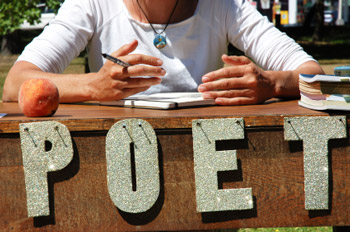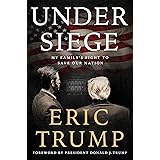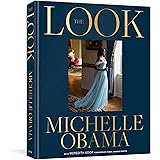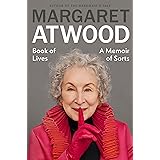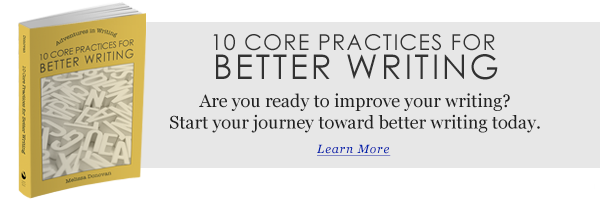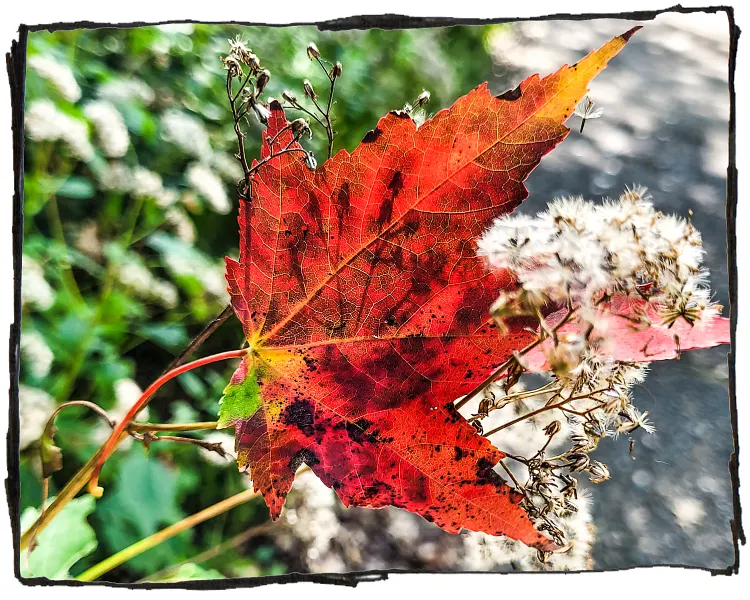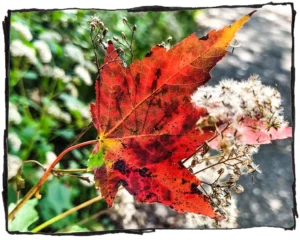Unlock the Secret Techniques That Transform Ordinary Poems into Masterpieces
- Read poetry: Too many young and new poets don’t read poetry. I get it. A lot of the poems you come across don’t grab your attention. The stuff you read in school was unwieldy. But if you look hard enough, you will discover good poetry that you will fall in love with. Go on a personal quest to find it. In order to grow as a writer, and especially as a poet, it’s imperative to familiarize yourself with the canon, which has already proven to resonate with readers. By seeking out established poets whose work you admire, you will build a roster of mentors. Try reading poems aloud. Keep a notebook or journal in which you can write your thoughts and responses to various works, and jot down your favorite excerpts. Bonus tip: you can also watch or listen to recorded or live poetry.
- Write regularly: Beginning poets have a tendency to take up the pen only when the mood strikes. By engaging your creativity on a daily basis, the very practice of poetry writing will become habitual and ingrained as part of your daily routine, and it is through daily practice that our poetry skills improve.
- Allow yourself to write badly: Allowing yourself a large margin for writing poorly or below your own standards will give you freedom in your writing and room to explore your poetry on broader and deeper levels.
- Study and learn to speak in poetics: Poets have their own language. When they mention couplets and iambic pentameter, you should know what they’re talking about. Study literary devices and learn how to use them in your own poetry. There are many books available that will help you understand poetry intricately and will familiarize you with terms and definitions, such as alliteration or trochee. Such books provide detailed analyses and teach you new ways to read and write poetry. To get started, look for A Poetry Handbook by Mary Oliver or try The Practice of Poetry (aff links) by Robin Behn and Chase Twichell.
- Poetry writing exercises: Writing exercises present challenges and provide new ways of thinking and being creative within an established framework. Some poetry exercises will produce your best work but also teach you to approach poetry in an innovative and more imaginative manner.
- Embrace best practices and techniques: It’s true that there are no rules in poetry, but there are a few best practices, like eliminate any unnecessary words, don’t arrange words awkwardly to fit a rhyme scheme, and use imagery. When it comes to poetry, you really want to follow the old adage: show, don’t tell.
- Seek feedback from objective, well-read people who are familiar with poetry. When something in your poem isn’t working for one of them, don’t say, “Oh, that’s my style.” And if it is your style, then consider that your “style” isn’t working.
- Revise. Revising your work goes hand in hand with allowing yourself to write badly. You can always go back and make changes. Some new writers insist that once they write a poem, that’s it. They believe the art should be preserved in its original form and never altered in any way. While this is certainly one way of looking at poetry as art, there is another philosophy that believes revision is necessary for true creative freedom. In knowing that you can go back and refine your work later, you will give yourself more liberty in your initial writing, opening creative channels to greater possibilities.
Poetry Writing is an Adventure
Poetry teaches us how to access rich language and produce vivid images in our writing. It is one of the best ways to develop comprehensive and creative writing skills, even if poetry writing isn’t really your thing. Poetry writing will take you on an exciting adventure through language, and the very act of working to improve your poetry is a journey that many writers find exhilarating.
